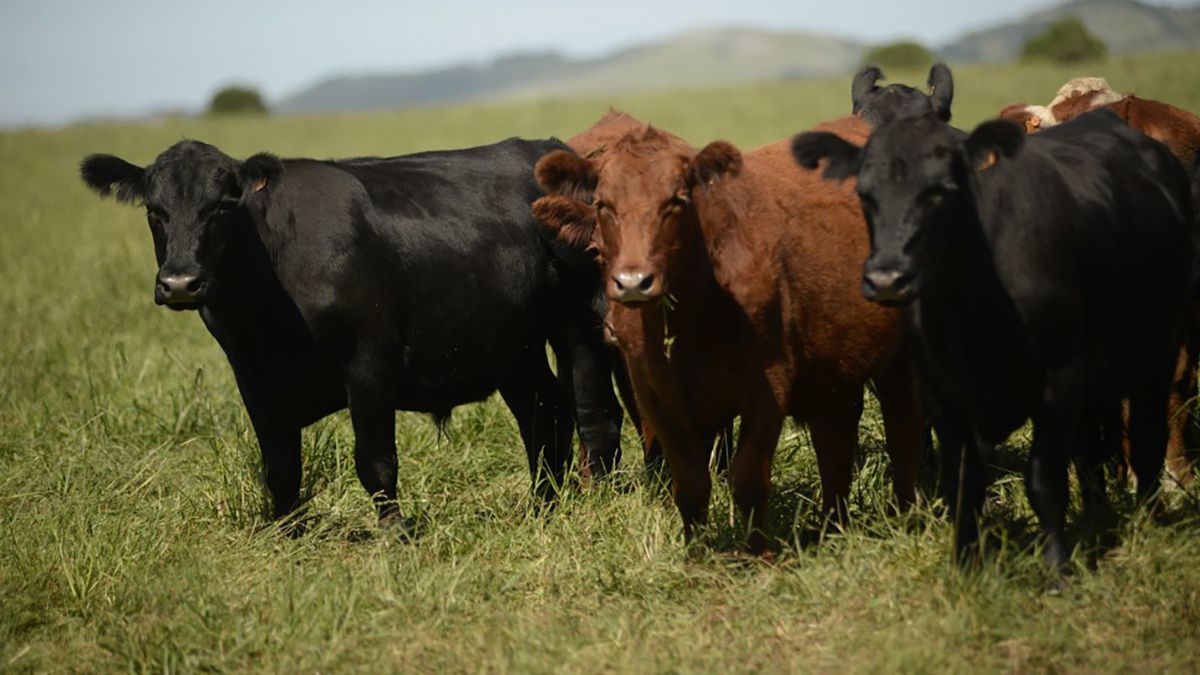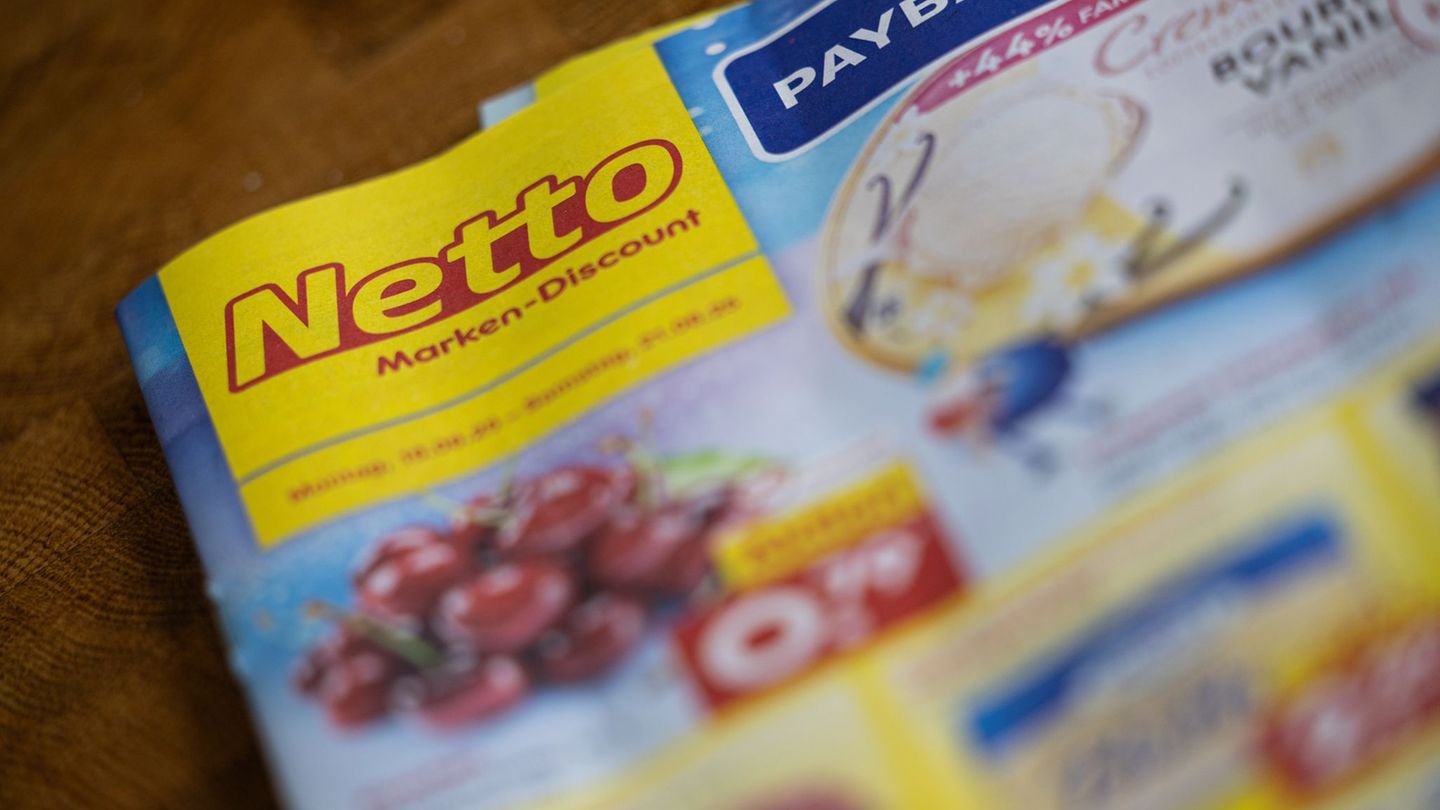The new export protocol meat bovine and ovine towards China began to govern as of today, within the framework of the strategic alliance between both countries that was sealed after the president’s trip Luis Lacalle Pou to the Asian giant.
This was confirmed days ago by Minister of Livestock, Agriculture and Fisheries, Fernando Mattos, by confirming the entry into force of the new protocol, which contemplates that the period of permanence of cattle and sheep destined for slaughter for China go from 90 to 46 days.
“We are making all the internal adjustments to establish this date as the cut-off line that will govern the new term,” he said. Mattos during a press conference.
This is an objective sought since 2018 that reduces the production costs of Uruguayan beef destined for China.
There are several Chinese agreements that involve agriculture
This change is part of the long list of agreements that aim to expand and improve the income of Uruguayan products to Chinese territory, with better conditions for local exporters and fewer bureaucratic obstacles.
Additionally, the protocol change allows the export of stomachs, which could mean an increase in income close to 40 million dollars annually from the marketing of tripe and booklet, according to estimates by the National Meat Institute (INAC); thus going from $21 million to $59 million in total revenue.
At the same time, during the presidential visit to China The new protocols for the export of sports horses, which contains the quarantine and health requirements for the placement of these horses, a sector has growth potential in Uruguay and today it represents an income of between 1 and 2 million dollars annually.
An agreement was also signed for fresh citrus, in which the lemons to the list of previously enabled products; and of live aquatic products for consumption, which regularizes this trade with quarantine and hygiene requirements, and provides greater certainty to the commercial flow.
Source: Ambito




